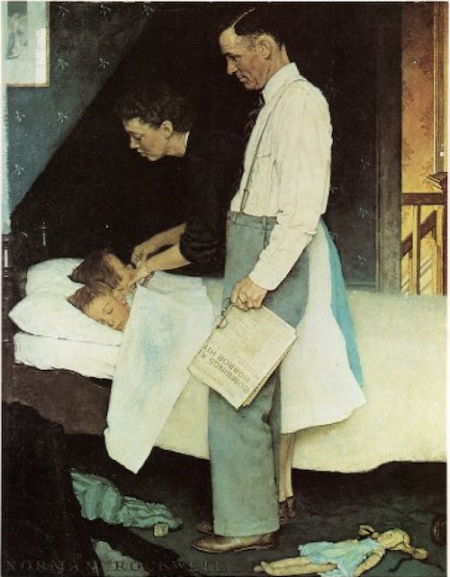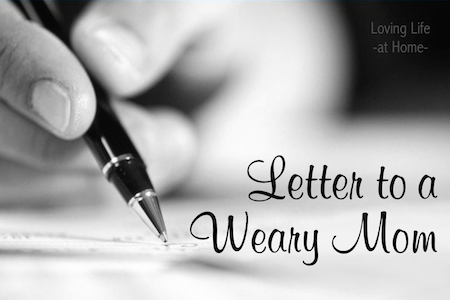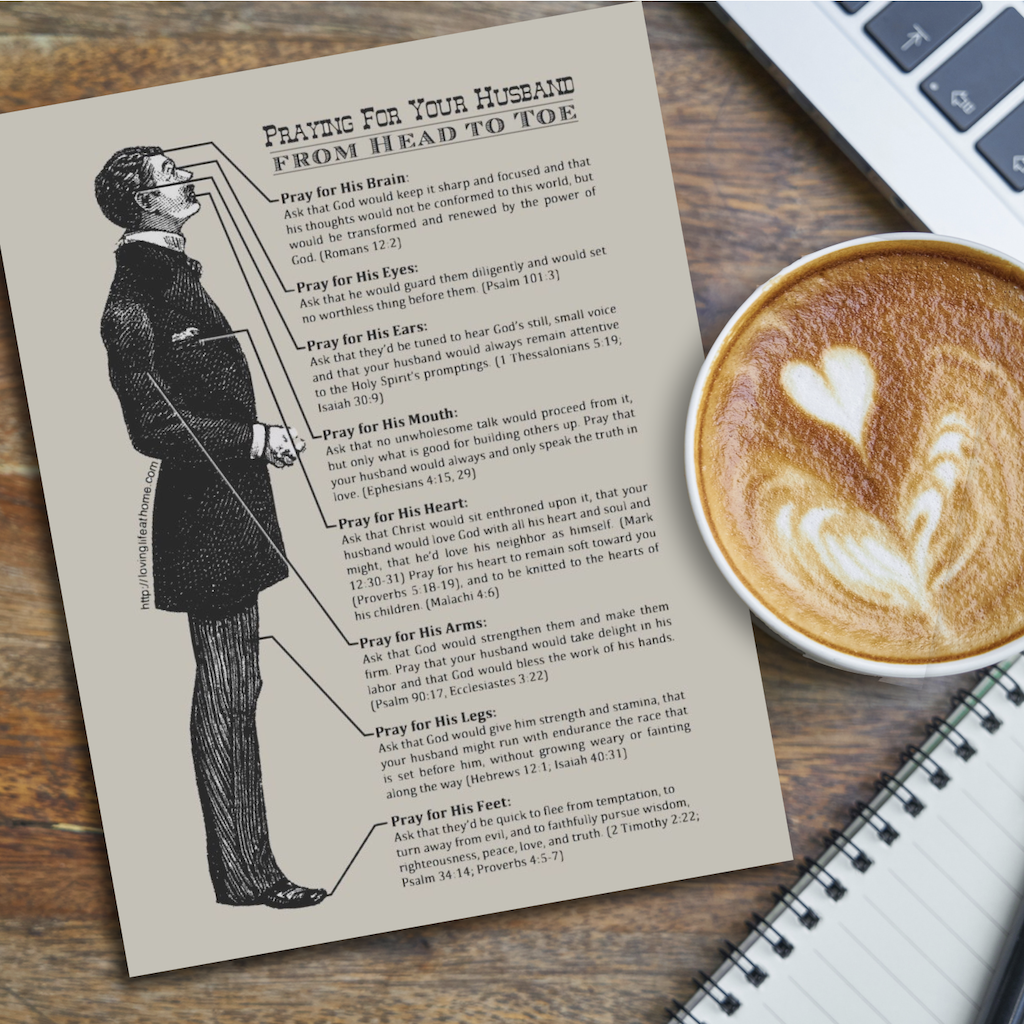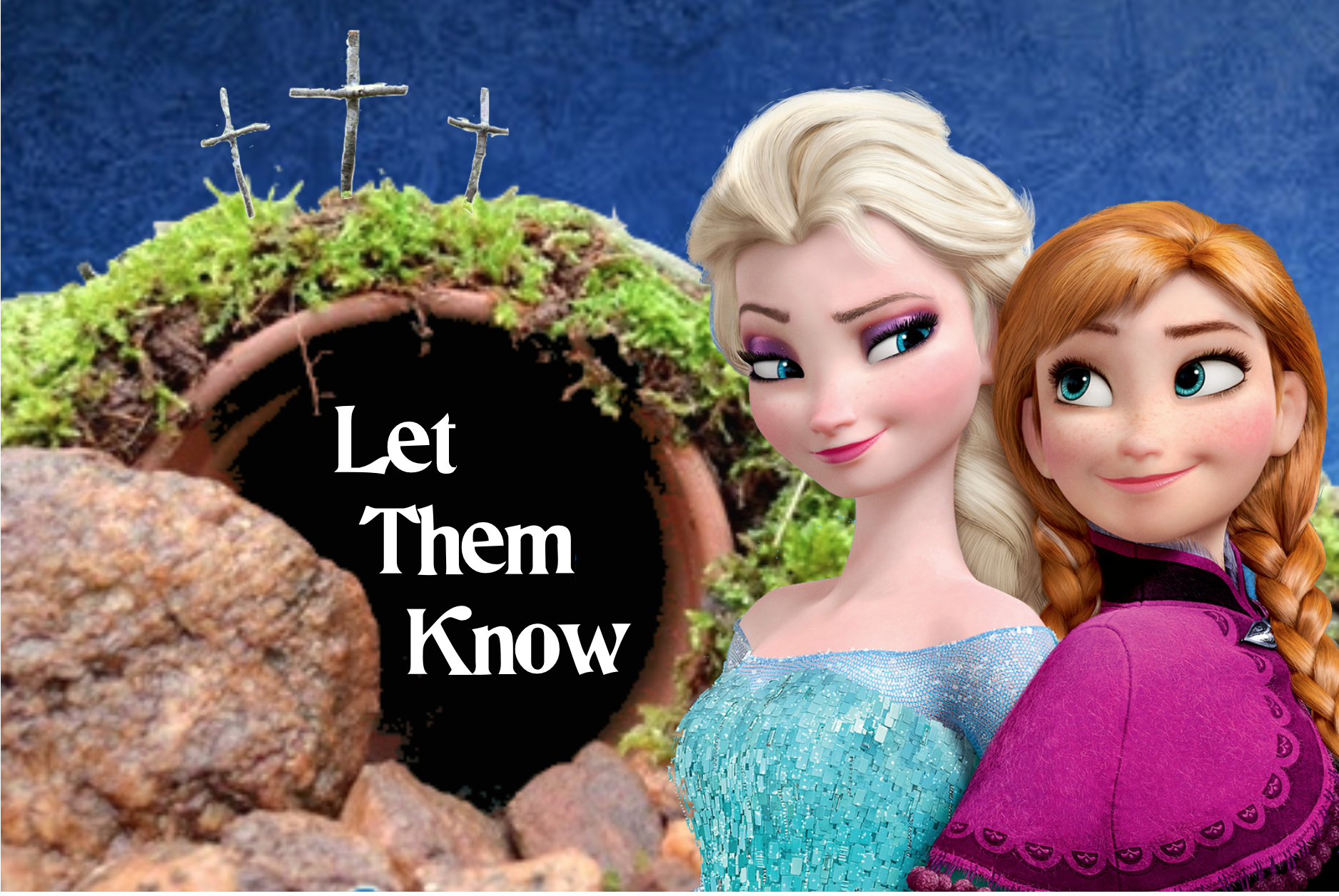Which Shall It Be?

Unfortunately, several lines had been omitted in the version of the poem my friend shared.
Two things clued me into this fact.
First, the poem is written in rhymed couplets, and one of the lines was missing its mate.
Second — and even more importantly — although the poem’s subject is seven children, only six were accounted for in the verses that remained.
As soon as I noticed this omission, I went in search of the lost stanza. The top results in my Google findings had also published incomplete versions, but I finally managed to track down the missing lines in a YouTube video enactment of the poem (linked at the bottom of this post) and transcribed them that way.
At the time this poem was written, it was not uncommon for poor families to send one or more of their children away from home to work as an apprentice or indentured servant for years at a time.
As a mother, I can hardly imagine how difficult that must have been, although with four of our twelve now grown and gone, I know well how it feels to have children missing from their accustomed places around the dinner table.
Here is the full version of this lovely poem. I hope you’ll enjoy it as much as we have:
Which Shall It Be?
by Ethel Lynn Eliot Beers, 1826-1879
Which shall it be? Which shall it be?
I look’d at John; John look’d at me
(Dear, patient John, who loves me yet
As well as though my locks were jet).
And when I found that I must speak,
My voice seem’d strangely low and weak:
“Tell me again what Robert said?”
And then I, listening, bent my head.
“This is his letter:
‘I will give
A house and land while you shall live,
If, in return, from out your seven,
One child to me for aye is given.’”
I look’d at John’s old garments worn,
I thought of all that John had borne
Of poverty and work and care,
Which I, though willing, could not share;
I thought of seven mouths to feed,
Of seven little children’s need,
And then of this.
“Come, John,” said I,
“We’ll choose among them as they lie
Asleep;” so, walking hand in hand,
Dear John and I survey’d our band.
First to the cradle lightly stepp’d,
Where the new, nameless baby slept,
“Shall it be Baby?” whispered John.
I took his hand and hurried on
To Lily’s crib,
Her sleeping grasp
Held her old doll within its clasp.
Her dark curls lay like gold alight,
A glory ‘gainst the pillow white.
Softly the father stooped to lay
His rough hand down in loving way,
When dream or whisper made her stir,
And huskily said John, “Not her!”
We stopped beside the trundle bed
And one long ray of lamplight shed
Athwart the boyish faces there,
In sleep so pitiful and fair;
I saw on Jamie’s rough, red cheek,
A tear undried. Ere John could speak,
“He’s but a baby, too,” said I,
And kissed him as we hurried by.
Pale, patient Robbie’s angel face
Still in his sleep bore suffering’s trace;
“No, for a thousand crowns, not him,”
We whispered, while our eyes were dim.
Poor Dick! bad Dick! our wayward son,
Turbulent, reckless, idle one—
Could he be spared? “Nay, He who gave,
Bids us befriend him to the grave;
Only a mother’s heart can be
Patient enough for such as he;
And so,” said John, “I would not dare
To send him from her bedside prayer.”
Then stole we softly up above
And knelt by Mary, child of love.
“Perhaps for her ‘twould better be,”
I said to John. Quite silently,
He lifted up a curl astray
Across her cheek in willful way,
And shook his head, “Nay, love, not thee,”
The while my heart beat audibly.
Only one more, our eldest lad,
Trusty and truthful, good and glad—
So like his father. “No, John, no.
I cannot, will not let him go.”
And so we wrote in courteous way,
We could not give one child away,
And afterward, toil lighter seemed,
Thinking of that of which we dreamed;
Happy, in truth, that not one face
We missed from its accustomed place;
Thankful to work for all the seven,
Trusting the rest to One in heaven!
I hope that remembering this story will help your toil seem lighter, too. Raising a family is hard work, but the reward of seeing all those happy, loving, little faces around the table (and the joy of watching them grow into strong, capable and confident young adults) more than compensates for the all effort involved.







My granda used to recite poetry to me and this was one he passed on to me. Delighted to see it being shared. Thank you.
What a wonderful heritage, Susan! I love poetry and read it aloud to my children regularly. I don’t remember any of my grandparents quoting poetry to me, but my grandmother used to sing “Froggie Went a Courtin‘” to me fairly frequently. I hadn’t thought about that in years! Thanks for jogging my memory!
Yea!! I found this poem and was loving it, but had been searching in vain for the missing child! I’m so glad I found this! Thank you!!
You’re so welcome, Amanda. I’m glad I could help you find what you were looking for!
I heard it on the radio about 1973. I was just researching it and found that Bobby Bare did record it. Here is the link. http://www.allmusic.com/album/the-singles-1959-1969-mw0000502577 check it out
That’s lovely. I didn’t realize it was a song, Beverly. Thanks for sharing the link!
Thank you! I’m the oldest of seven and the mama of two (one in utero). It was a tear jerker!
I love the poem’s word it sound so sweet,but i dont know the tune.may God bless you all.jeniffer my friend whit loving live at home,ivon
I’m not sure that it’s been set to music, Ivon. If it has, I don’t know the tune, either. 🙂